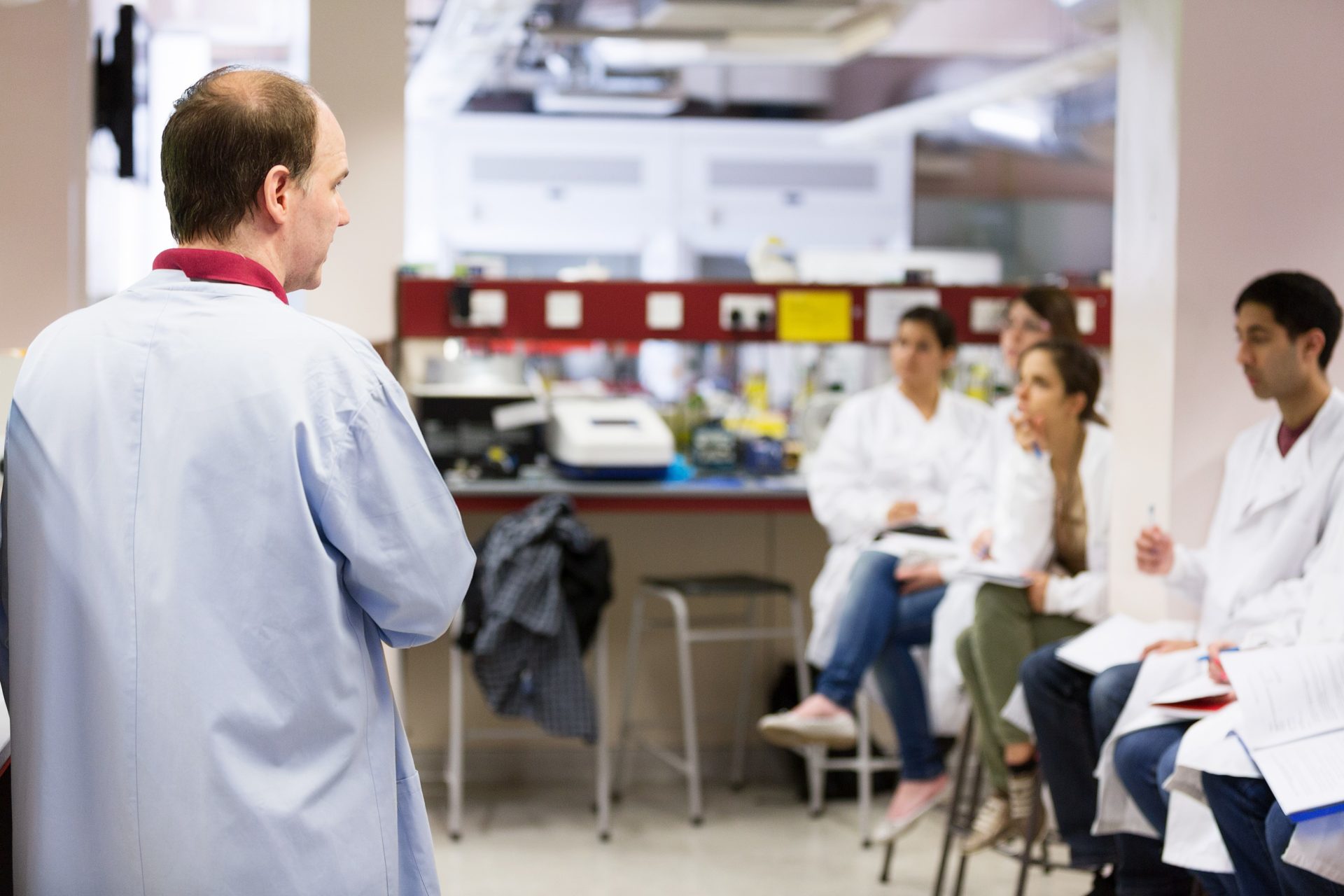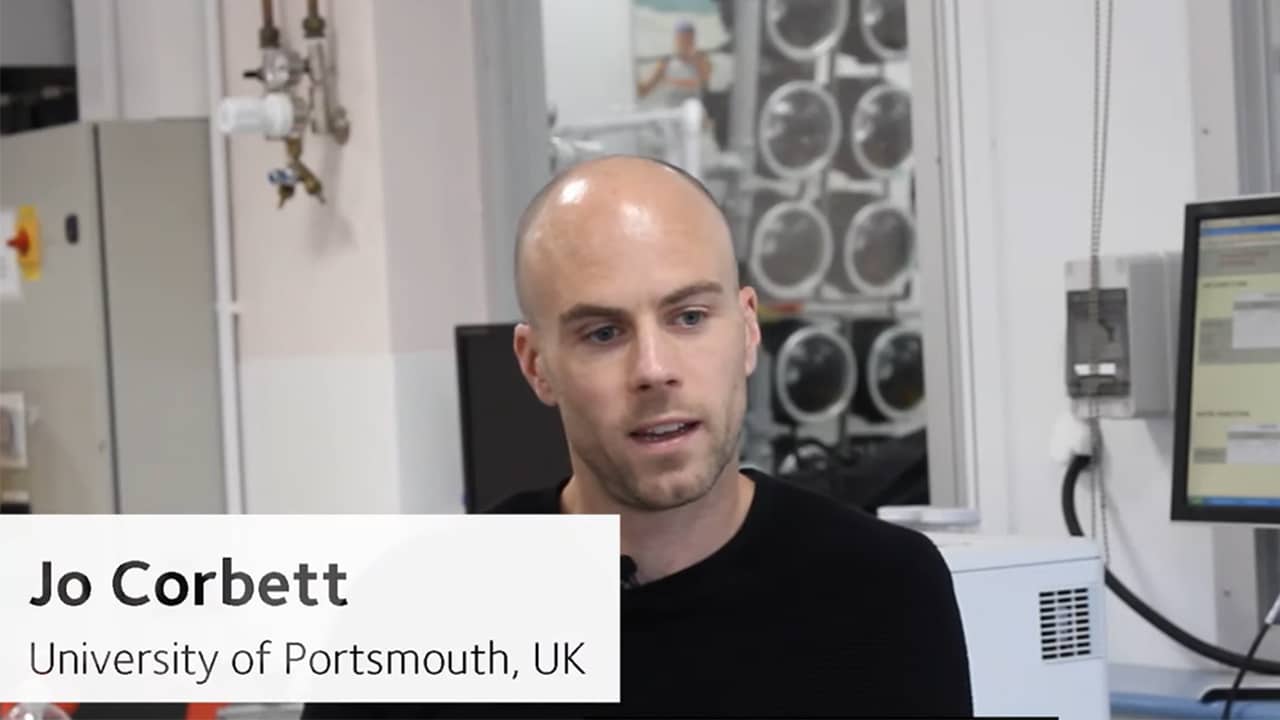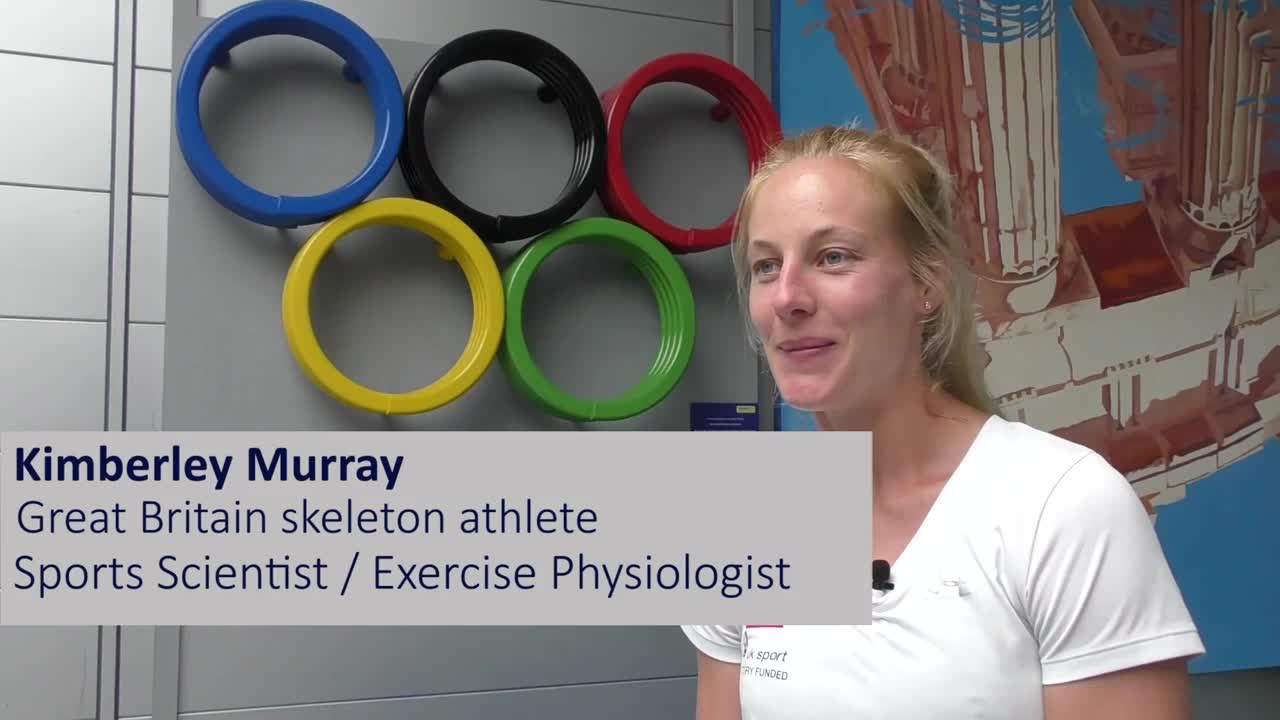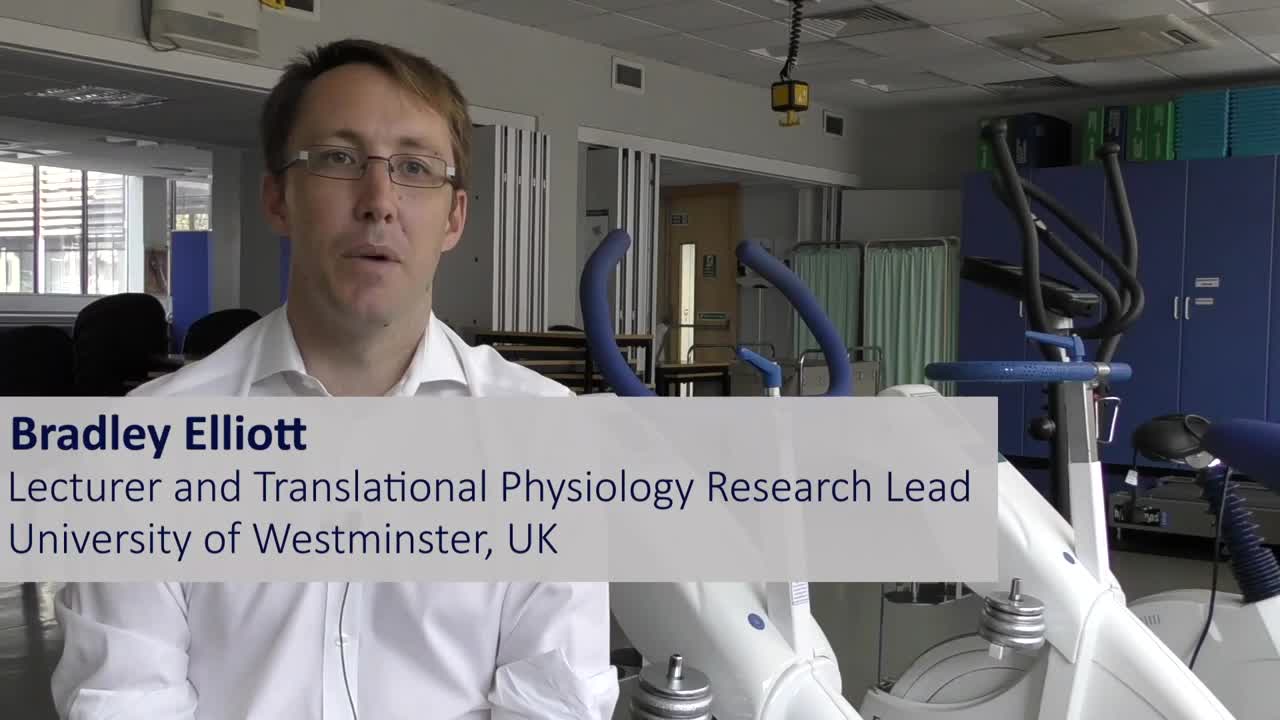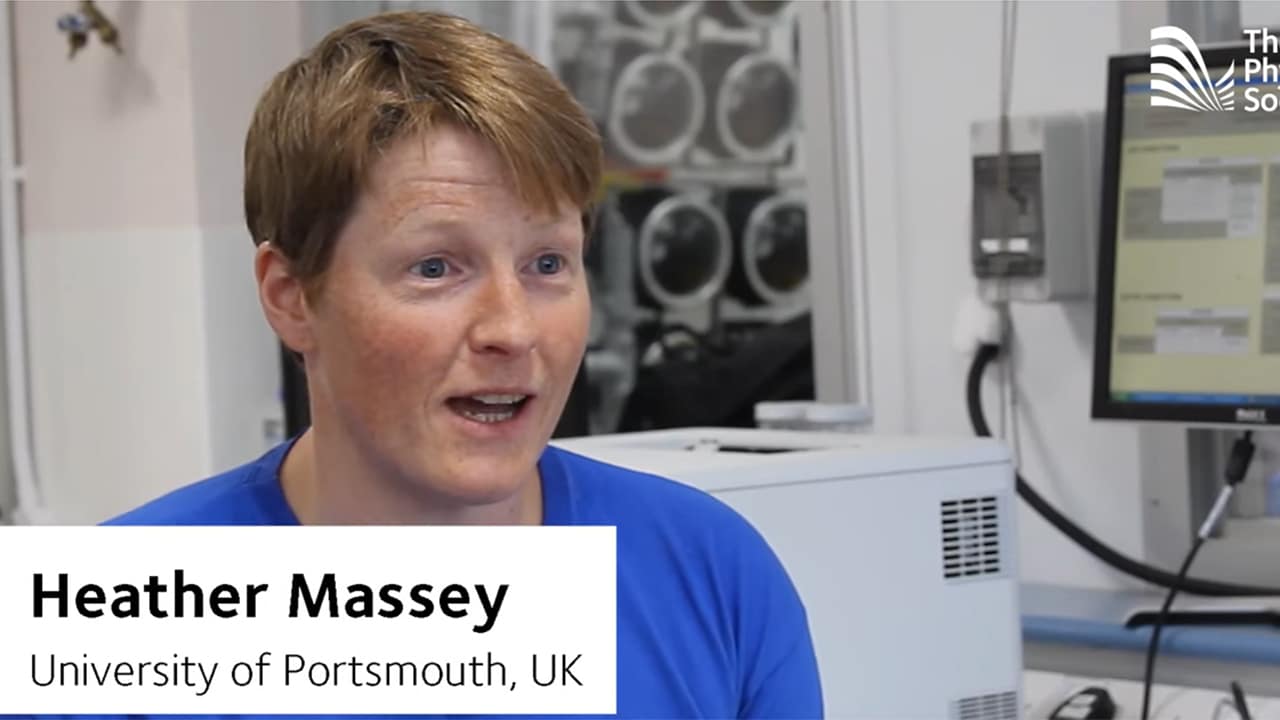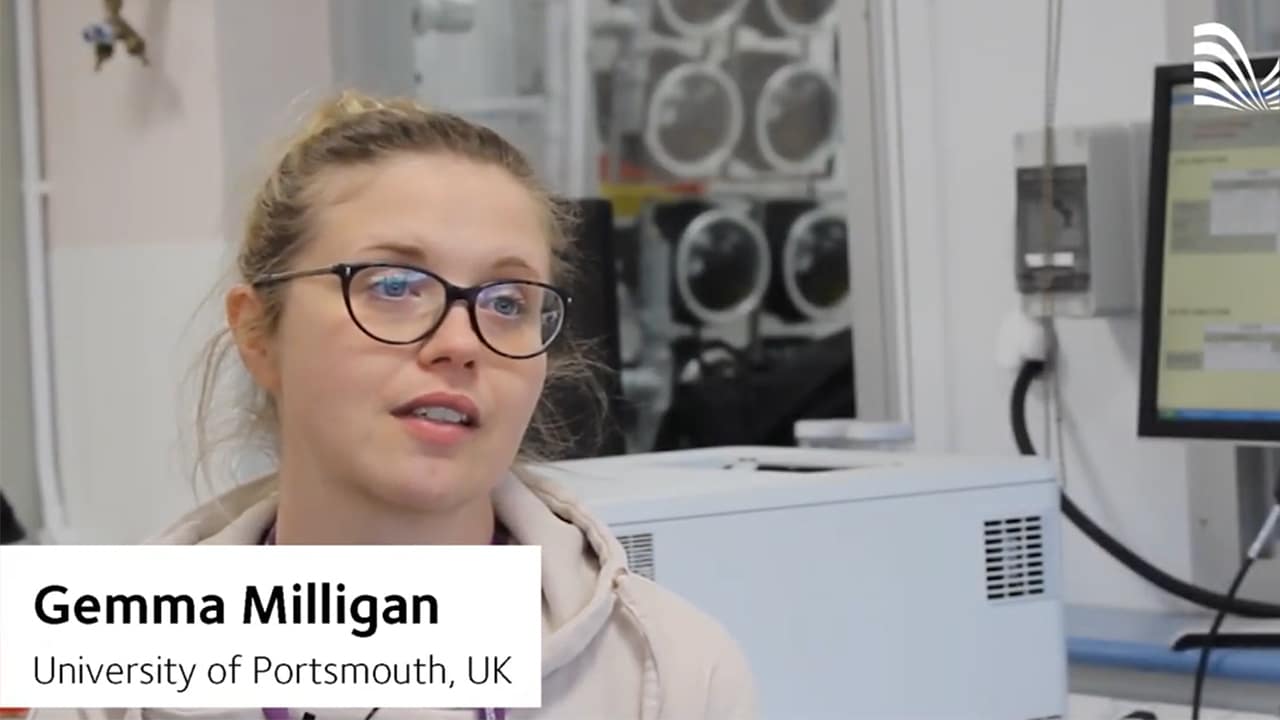What to expect from a sport and exercise science degree
If you are thinking about enrolling on a degree in sport and exercise science, check out the sections below, which aim to provide advice on preparing for the degree, what to expect on the degree and to showcase where a sport and exercise degree may lead.
Preparing for a degree in sport and exercise science
Study life sciences at school
If you are considering a degree in sport and exercise science, then studying a life sciences subject at school, such as biology, will provide you with a great foundation and give you some indication of what to expect from the scientific side of a sport and exercise science degree.
Find what you enjoy
A degree is a great opportunity to figure out where your passions lie and what topics you enjoy, but there is no reason to wait until you’re enrolled! Think about what areas of sport and exercise science interest you the most, and be proactive – seek out information by emailing relevant people and trying to get work experience. This means that you’ll be able to hit the ground running (so to speak!) when you start your degree. At the same time, be open to lots of different avenues, you may end up being interested in a topic you didn’t even know existed at the beginning of your degree!
Get work experience
Getting work experience is a great way to get practical, hands on knowledge in an area you are interested in. This may mean getting involved with a local sports club or volunteering at a local hospital. Chatting to people who work in an area you are interested in is one of the best ways to find out whether it is a career that you can see yourself working in.
What can I expect from a sport and exercise science degree?
It won’t be like PE!
A sport and exercise science degree isn’t like physical education (PE) at school. Expect to learn about science and the theory behind physical activity, rather than learning just about the activity itself. That’s not to say you won’t get hands on experience – there will likely be a mix of lectures and practicals, and you’ll get to experience what’s it’s like to conduct research in a lab environment with specialist equipment and facilities.
Scientifically rigorous programme of study
It’s not called a sport and exercise science degree for nothing! Expect to learn the foundations and fundamentals of science and how the body and mind function during exercise. You’ll also be trained on current statistical practices in order test hypotheses by collecting and empirically analysing data.
Physiology – Physiology is the science of life. It is the branch of biology that aims to understand the mechanisms of living, from the atomic basis of cell function to the integrated behaviour of the whole body and the influence of the external environment. Expect to get a good grounding in how the body functions during physical activity.
Biomechanics – This is the study of structure, function and motion of the mechanical aspects of biological systems
Psychology – This is the study of the human mind. You’ll be focussing on how thinking can affect performance during physical activity, as well as learning about team dynamics and coach/athlete interactions.
Statistics – This is a branch of mathematics which deals with research methods: the collection, analysis, interpretation and presentation of data. Expect to learn these steps in order to empirically test hypotheses.
Interdisciplinary – Because sport and exercise science combines many different scientific areas, you’ll work collaboratively with people from different specialisms and learn about how the different disciplines interact. For example, strength and conditioning is an area that involves physiology, biomechanics, nutrition and psychology.
Where can a sport and exercise science degree lead?
A degree in sport and exercise science can lead to many varied and meaningful jobs, from working with patients to combat serious health problems, to working with individuals in physically challenging jobs, such as firefighters, in order to develop guidelines that will ensure their safety and physiological well-being. Not to mention working with elite athletes to increase performance and reduce recovery time. For more information on what to expect on a sport and exercise degree, and potential career paths, check out the British Association of Sport and Exercise Sciences guide to careers in sport and exercise science.
Take a look at the videos below to hear some of the career paths of people working in this field.
